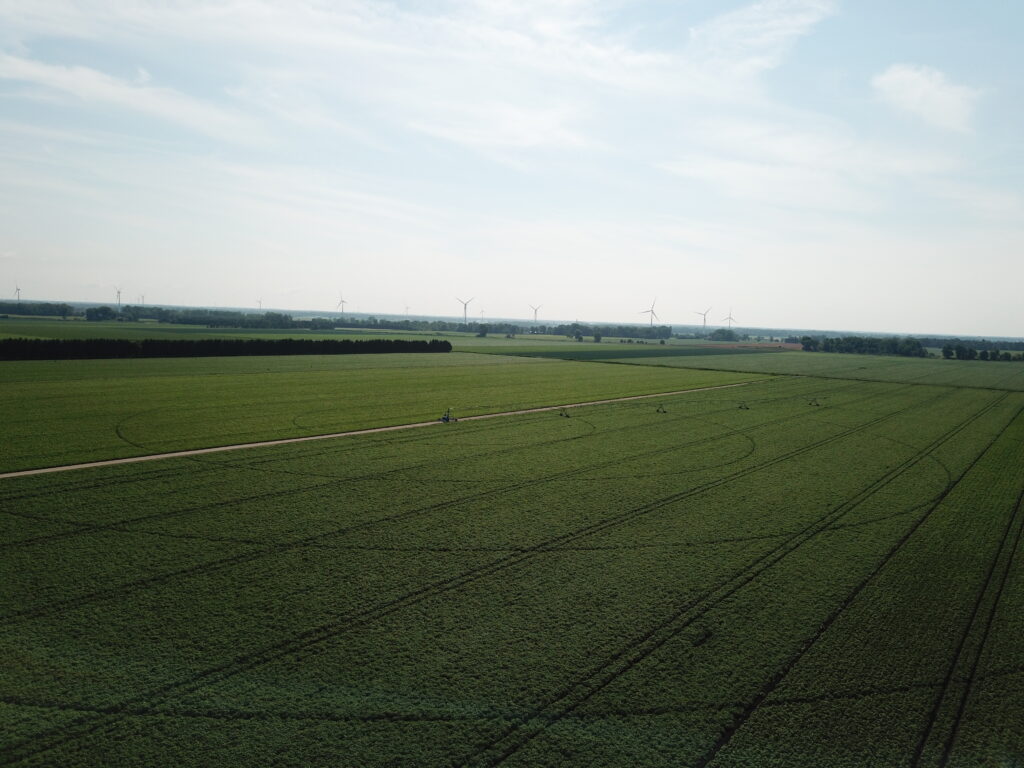
Potato Farming Realities and Sustainability?
(Sponsored) It seems everyone is talking sustainability today. But, what does sustainability really mean in the context of today’s farming realities, and how do we achieve it in practical, real-world application?
Let’s start with a definition:
Sustainable agriculture is a system of environmentally sound, socially responsible, and economically viable practices that allow us to meet our present production needs without compromising future generations’ ability to meet their production needs. In other words, sustainability focuses on the overall longevity of agriculture, which prioritizes care of our land, water and air, but equally takes into consideration society’s needs and farming’s financial realities. True and meaningful sustainability is a 10,000-foot, big picture sum of many integrated parts.
I met a young woman at Potato Expo this past January. Fresh out of ag school, she was excited to chat sustainability and farming with people of varying expertise including, when she strolled by TriCal Group’s booth, me. I asked if she thought soil fumigation could align with sustainability and I had to admire the confidence with which she vehemently rejected the suggestion outright. Then we got talking…
As I described to her, soil fumigation with chloropicrin (sold as STRIKE™) is far from the ‘kill all’ soil sterilizer of past conceptions. In fact, chloropicrin actively supports a wide range of sustainability improvements. We had an engaging discussion that led her to re-think her assumptions. A few points we talked about:
Chloropicrin is highly selective, which means it effectively manages the ‘bad’ (key nematodes and disease pathogens including verticillium, rhizoctonia, black dot, and common scab), while enhancing populations of the ‘good’ (soil nutrient recyclers called saprophytes).
Farmers who use chloropicrin see significant yield bumps from their revived soil – sometimes as much as a 25-50% marketable yield increase after a single fall application. Enhanced yield means more efficient production that requires less land, lower crop inputs, less diesel, less equipment operating time, and fewer manhours per pound produced: all key markers of sustainability.
Chloropicrin aligns well with a reduced tillage system, retaining soil carbon and decreasing erosion. Cover crops can be planted immediately following a summer or fall chloropicrin application, promoting soil health and reducing soil loss from winter winds. In spring, seed tubers can be planted directly into fall-formed hills without spring tillage, increasing early season moisture use, promoting plant root development, and supporting reduced irrigation throughout the season: again, key markers of sustainability.
Where my young Potato Expo friend had assumed chemicals (especially fumigation) are, by definition, the opposite of sustainability, I explained that the right chemicals managed appropriately can provide benefits that tip the sustainability scale in a very positive direction. Meaningful sustainability depends on clear heads looking at agriculture as an integrated system. To promote sustainable production now and into future generations, we need tools like chloropicrin.
Strike is a Federally Restricted Use Pesticide. This article was originally published by Spud Smart.
To learn more about Strike Fumigants, visit https://strikefumigants.com/















